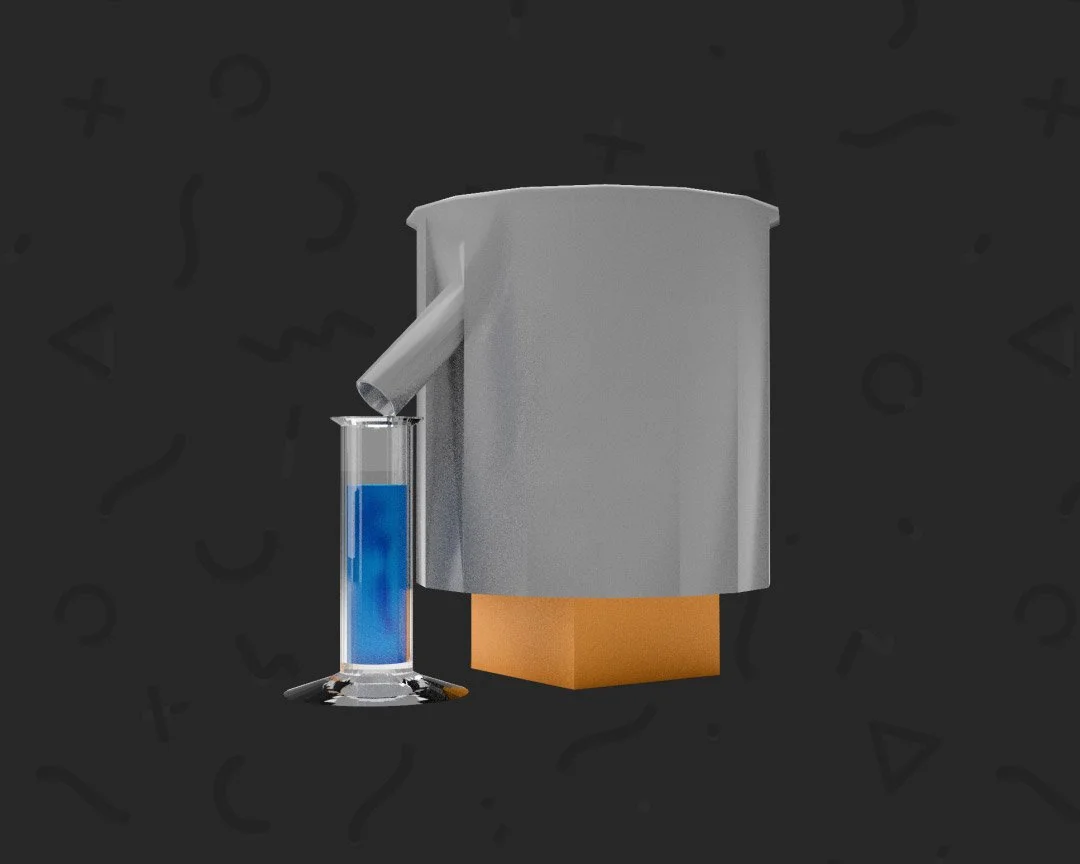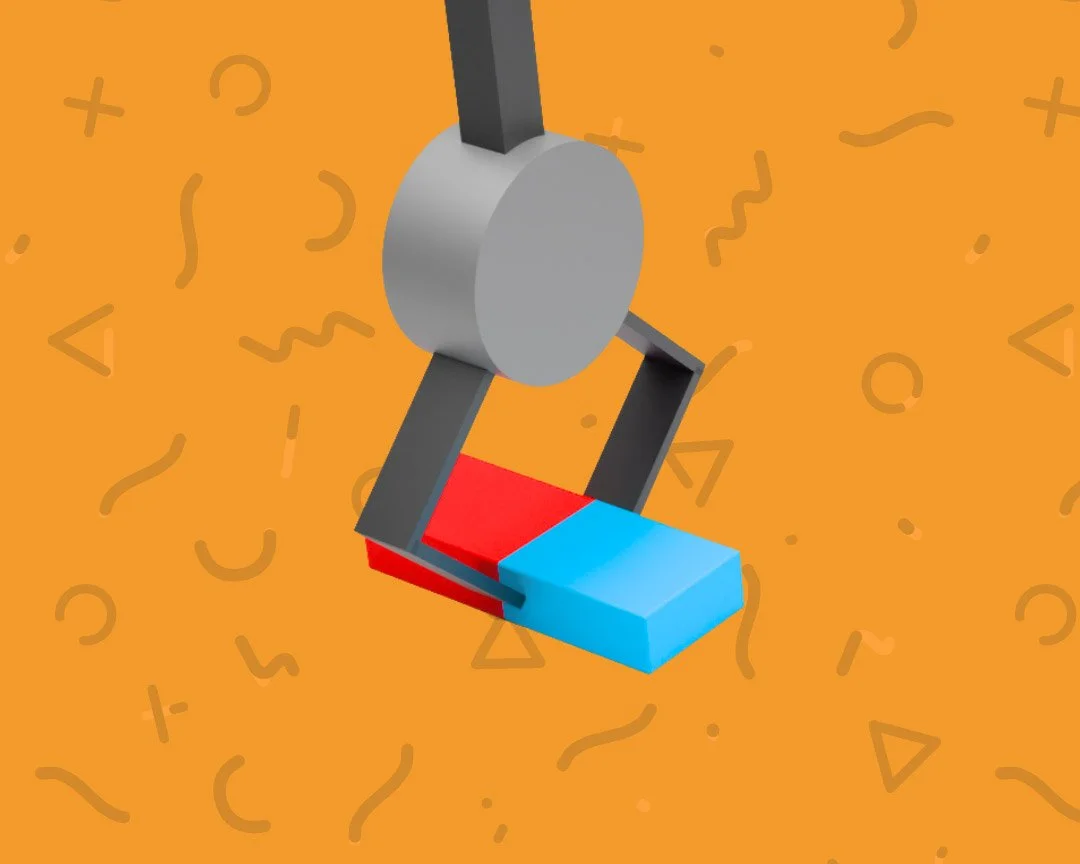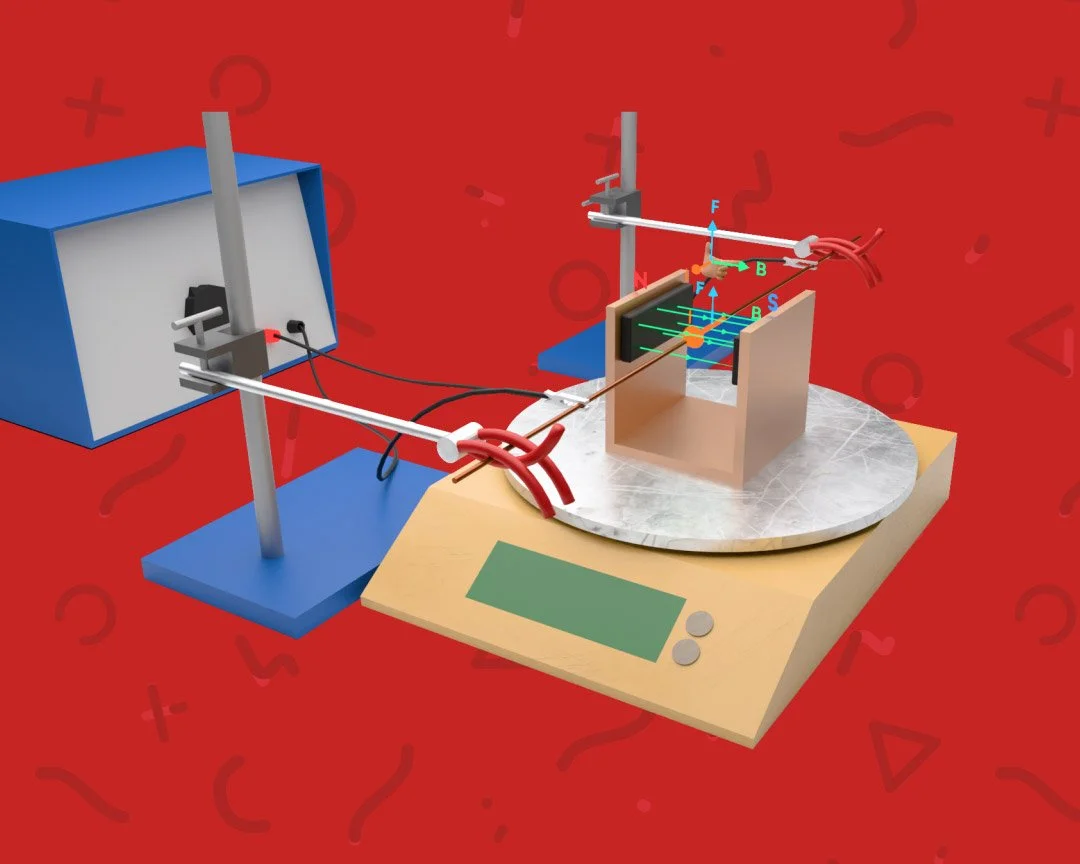Promoting Independent Learning Skills
Encouraging self-directed study habits in your child
Independent learning is a valuable skill that empowers students to take charge of their education. As parents, nurturing this skill in your child sets the foundation for a lifelong love of learning. In this guide, we'll explore effective strategies to foster self-directed study habits, with a focus on resources available on GoPhysics.co.uk.
1. Instill a Growth Mindset:
Emphasise the idea that abilities and intelligence can be developed through dedication and hard work. This fosters a belief in the power of self-improvement.
2. Set Clear Expectations:
Establish clear goals and expectations for independent study. This provides a sense of purpose and direction.
3. Introduce Time Management Techniques:
Teach your child how to allocate their study time effectively. Encourage them to set specific time slots for different subjects or topics.
4. Utilise GoPhysics Resources for Self-Directed Learning:
GoPhysics.co.uk offers a range of resources, including video lessons, animations, flashcards, and in-built questions, tailored for GCSE physics. These materials are designed to support independent learning.
5. Encourage Active Engagement:
Prompt your child to actively engage with the learning material. This can include taking notes, asking questions, and seeking additional resources for clarification.
6. Provide a Dedicated Study Space:
Create a conducive environment for independent study, free from distractions. A quiet, well-lit area with necessary study materials fosters focus.
7. Encourage Problem-Solving and Critical Thinking:
Present challenges and encourage your child to find solutions independently. This strengthens their problem-solving skills and builds confidence.
8. Promote Resourcefulness:
Teach your child how to access and utilise various resources, such as textbooks, online articles, and educational platforms like GoPhysics.co.uk.
9. Celebrate Small Achievements:
Recognise and celebrate your child's progress and accomplishments in their independent study efforts. Positive reinforcement encourages motivation.
10. Encourage Reflection and Self-Assessment:
Prompt your child to reflect on their learning process. Encourage self-assessment of strengths, areas for improvement, and goals for the future.
11. Foster a Love for Learning Beyond Curriculum:
Encourage exploration of topics that pique your child's interest, even if they're not part of the formal curriculum. This nurtures a genuine passion for learning.
12. Allow for Autonomy in Learning Choices:
Provide opportunities for your child to choose topics or projects that align with their interests. This cultivates a sense of ownership over their education.
13. Lead by Example:
Demonstrate your own commitment to lifelong learning. Share your interests, discuss your learning experiences, and show that learning is a continuous journey.
By implementing these strategies, you're empowering your child with the skills and confidence to take charge of their own education. With the resources available on GoPhysics.co.uk, you have a valuable tool to support their journey toward becoming independent learners.
For access to a comprehensive range of GCSE physics resources, including video lessons, animations, flashcards, and in-built questions, visit GoPhysics.co.uk. Your child's path to independent learning starts here!
We hope this guide helps you nurture independent learning skills in your child, using resources from GoPhysics.co.uk!
-





